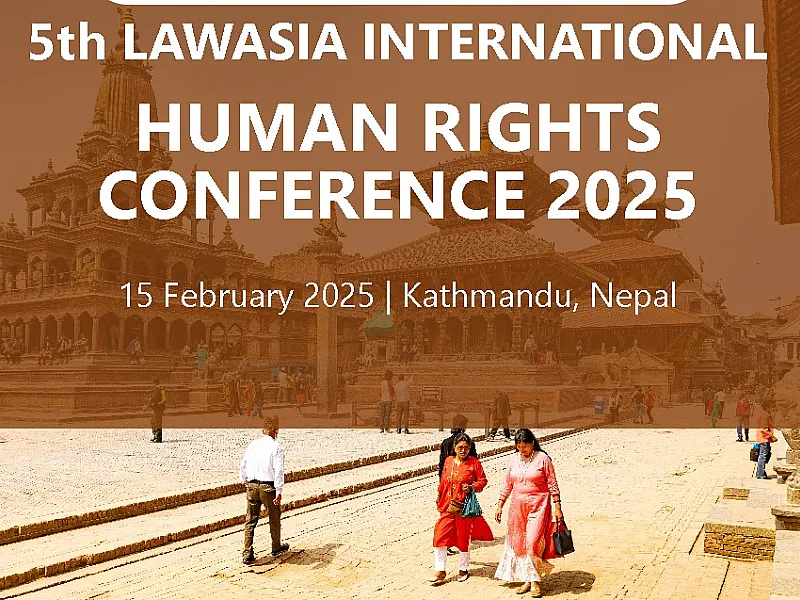International Human Rights Conference: "Human Rights Resilience: Navigating Technological, Environmental, and Social Challenges"
TheInternational Human Rights Conference, themed "Human Rights Resilience: Navigating Technological, Environmental, and Social Challenges," is a timely and critical forum designed to address the interconnected threats to human rights in the 21st century. This conference brings together global leaders, activists, policymakers, academics, and representatives from civil society to explore innovative solutions to the complex challenges facing humanity today.
Key Themes of the Conference
- Technological Challenges:
- Digital Surveillance and Privacy: The rise of advanced technologies like artificial intelligence (AI), facial recognition, and big data has raised significant concerns about privacy and mass surveillance. The conference will explore how to balance technological progress with the protection of individual freedoms.
- Cybersecurity and Digital Rights: Discussions will focus on safeguarding human rights in the digital age, including combating cyberattacks, protecting vulnerable groups, and ensuring equitable access to technology.
- Environmental Challenges:
- Climate Change and Human Rights: The conference will address how climate change disproportionately affects marginalized communities, including displacement, resource scarcity, and health impacts. Strategies for climate justice and sustainable development will be a focal point.
- Environmental Degradation: Panels will examine the intersection of environmental degradation and human rights violations, such as pollution, deforestation, and the exploitation of natural resources.
- Social Challenges:
- Inequality and Discrimination: The conference will tackle systemic inequalities, including racial, gender, and socioeconomic disparities, and their impact on human rights. Discussions will focus on inclusive policies and grassroots initiatives to promote equity.
- Hate Speech and Misinformation: With the rise of social media, the spread of hate speech and misinformation has become a significant challenge. The conference will explore ways to combat these issues while preserving freedom of expression.
Objectives of the Conference
- Raise Awareness: Highlight the interconnected nature of technological, environmental, and social challenges and their impact on human rights.
- Foster Collaboration: Encourage partnerships between governments, corporations, NGOs, and grassroots organizations to develop holistic solutions.
- Promote Advocacy and Policy Change: Provide a platform for advocating for stronger policies and frameworks to protect human rights in the face of emerging challenges.
Expected Outcomes
- Actionable Recommendations: The conference will produce a roadmap for addressing human rights challenges, including policy reforms, technological safeguards, and community-led initiatives.
- Global Advocacy Campaign: A call to action will be issued to governments, businesses, and civil society to prioritize human rights resilience.
- Networking and Knowledge Sharing: Participants will gain insights from global experts and build connections to strengthen their work in human rights advocacy.
Conclusion
TheInternational Human Rights Conference is a pivotal moment for the global community to come together and address the multifaceted challenges threatening human rights. By fostering dialogue, collaboration, and innovation, the conference aims to build a more resilient and equitable future for all.

Comments: